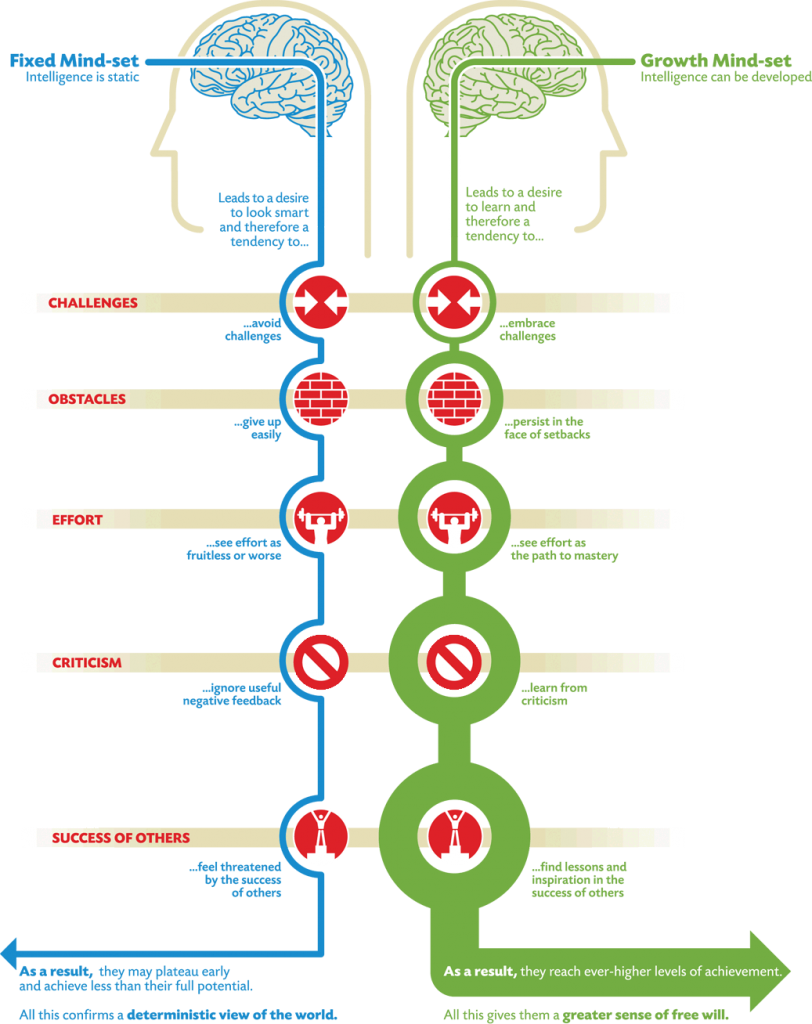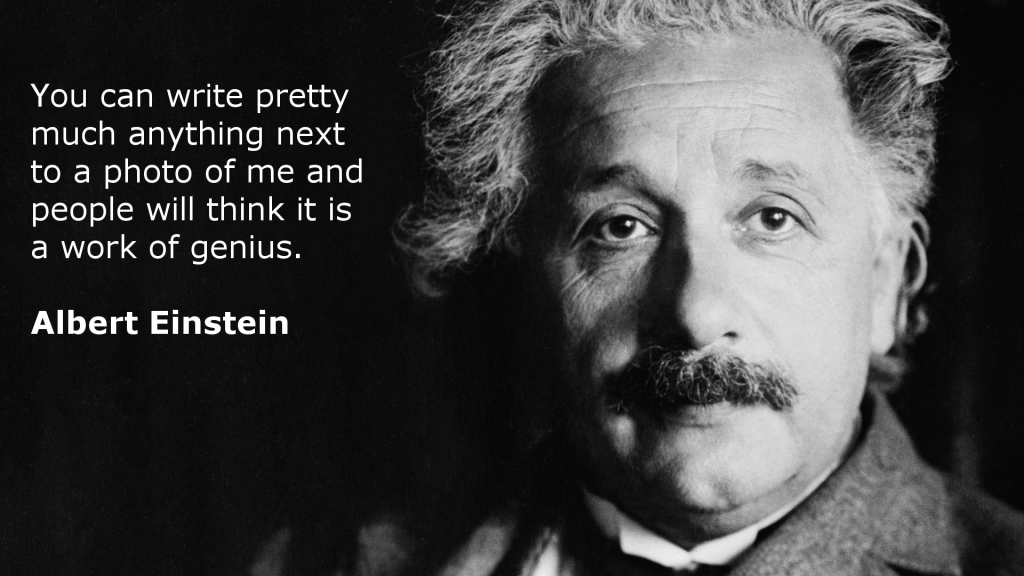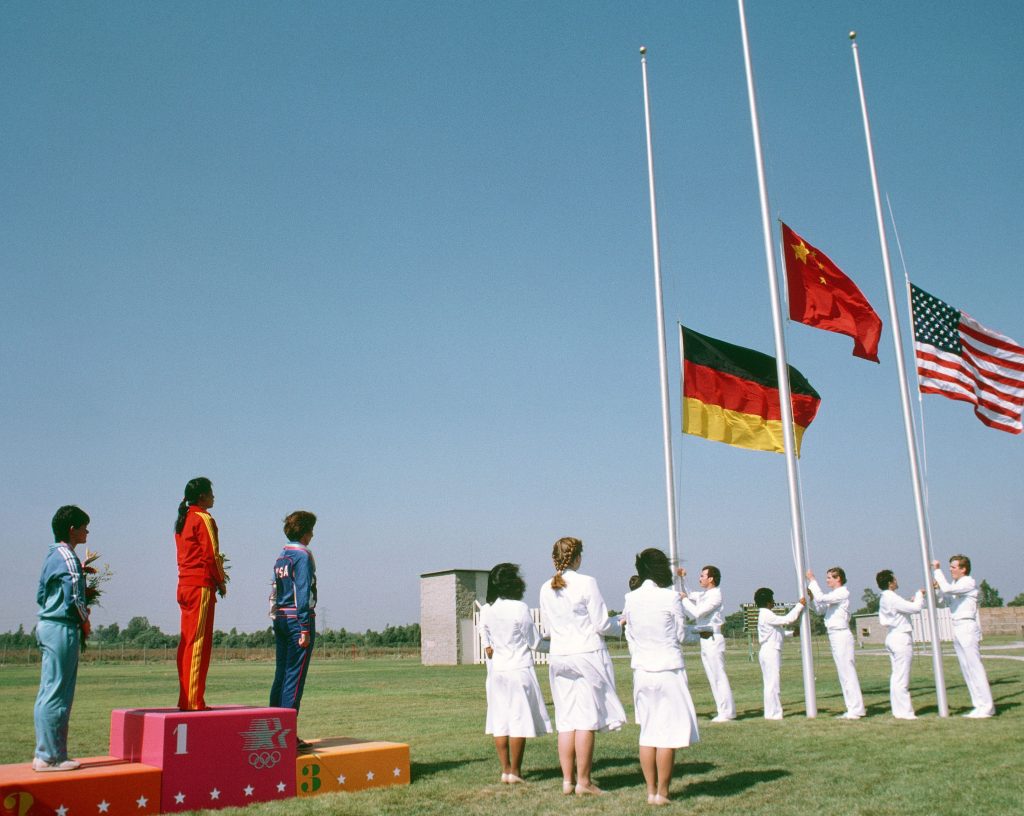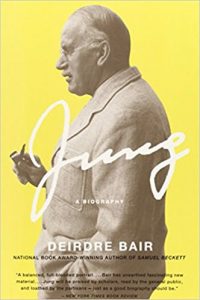It was about 2 years ago now when I first read Jung’s Red Book, which had been published in 2009 after sitting unpublished for nearly a century. Although I previously had a long-standing interest in Jung, reading that extraordinary text brought me to a new level of engagement with Jungian ideas, in recognition of their potential strength of connection with the Middle Way. The first fruit of that engagement was a series of blogs (1,2,3 & 4), but then there were also new reflections on Christian symbols that contributed to The Christian Middle Way, the giving of a talk at the Bristol Jung Lectures, and also the writing of a book on the interpretation of the Red Book which I am currently trying to find a publisher for (The Jungian Middle Way). The other aspect of this engagement that I want to reflect on here, though, has been increasing engagement with Jungians. Who are the Jungians? How do they understand themselves? I’m not sure I can really answer that question, but can only give you some impressions. I’m not sure I’ve ever been quite so baffled by a group of people who in any way shelter under the same label.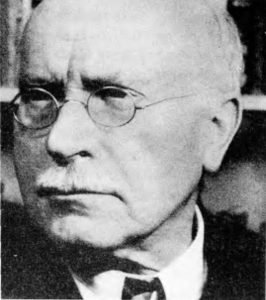
There does seem to be a Jungian community – one that gathers in major cities across the Western world for talks or therapeutic training, but that also has a significant online presence. There are a number of Jungian groups on Facebook, and one of their distinguishing features is often how vast they are. The core of that community seems to consist in therapists, but there is obviously also a wider audience from a public that has been grabbed, as I was, by the Red Book, or by earlier popular Jungian writings such as ‘Man and his Symbols’ or the autobiographical ‘Memories, Dreams, Reflections’. Anyone with an imagination can be readily intrigued by Jung.
What I have found most baffling is the range of people and the range of their attitudes. This probably reflects the ambiguities in Jung himself. At his most clear and reflective, Jung is committed to writing only on the basis of experience, whether that takes the form of psychological evidence from patients or from his personal experience. He is unsurpassed, in my view, in his understanding of the meaning of that experience. At his best, he clearly separates archetypal meaning from projections of that meaning onto the world – so, for example, the Shadow is clearly an archetypal form representing our own hatred and rejection, which we should avoid projecting onto people or other entities, but rather symbolise in its own right as Satan or another evil figure (see my earlier blog on evil). In other places, however, Jung relaxes this distinction and drifts into metaphysical assertions (for example in the Gnostic Seven Sermons, near the end of the Red Book), or into groundless empirical assertions – famously including the dawn of the Age of Aquarius, and also including some very dodgy generalisations about gender, nationality and race.
Jungians, I’ve found, are similarly very varied. Some Jungians are balanced, sane, wise, thoughtful, pragmatic people whom I’ve been grateful and honoured to meet. Others are not so wise or discriminating. I am not going to mention any specific names, but here are some of the less balanced types I’ve encountered: the New Age intuitive who takes astrology seriously as a guide to the future; the spiritual intuitive who claims to just KNOW God; the obsessively rigorous scholar who won’t accept anything not clearly proved in the text of Jung’s writings; the pseudo-historian who has a detailed account of a past matriarchal civilisation that he believes could teach us all peace; and the self-appointed online authority who insists that I must be ‘overthinking’ and not using my feeling and intuition if I dare to criticise anything Jung said. Sometimes the Jungian community seems like the nearest we have to a substantial Middle Way community, but at other times it seems like a bunch of credulous hippies, and at other times a rather sinister cult.
It seems to me that perhaps the biggest issue creating this diversity, apart from the inconsistency of Jung’s own writings (and the tendency of some Jungians to absolutise them as a necessary source of truth), is the question of the status of intuition. Intuition is the means by which most of us are able to deal with complex experience readily. We ‘get the gist’ of a situation, or a perspective, or a person through a holistic overview that unconsciously draws on lots of previous experience of similar situations. Those of us who are more inclined to rely on our intuitions may thereby gain an advantage in understanding and preparedness, when compared to someone who tries to work everything out by laboriously matching concepts to what they sense. Intuition also gives us archetypal meaning by unconsciously formatting what we experience. So intuition is not flakey – it’s necessary and everyone uses it. Jung and Jungians, though, perhaps rely on it more than most as a source of insight into psychological forms and relationships.
The crucial issue is that of what intuition can justifiably tell us. On the one hand it can provide a ready access of meaning with which we can understand our experience. However, the problem with Jungianism at its flakiest is the way in which people feel they’re justified in deriving absolute facts directly from intuitions. The meaning gets translated directly into beliefs about the world without going through an intervening process of critical reflection. So that’s why we get people who believe in astrology, think they ‘just know’ God, or know the essential characteristics of, say, Germans, or women, through the operation of intuition. In the terms of Middle Way Philosophy, they are absolutising.
The research on intuition discussed by Daniel Kahneman also shows how unjustified this is. Kahneman compares studies done on the intuition of firefighters and stock traders. Experienced firefighters had excellent intuitions about when a burning building was about to collapse, because the conditions in burning buildings follow a predictable enough pattern to make unconsciously processed information reliable. However, stock traders performed worse than random when they followed their intuitions about which stocks would do best. In the past I’ve written a story about this contrast. The more complex the thing you have intuitions about, the less reliable they are, and the more important it is to slow down and actually think about it and consider the evidence.
Jungianism unfortunately has a bad reputation amongst many people who are scientifically or philosophically trained, because of this unjustifiable use of intuition to draw absolute conclusions. These hard STEM types are missing out on a good deal of very helpful material in Jungian thought. I would urge them to reconsider. But I also really wish that respect for empirical evidence was a more widespread and consistent feature of Jungian thinking than it is. You really don’t have to give up on the riches of Jungian meaning to expect adequate justification for your beliefs. You really can have your cake and eat it here. So perhaps we should all grow up.
Some other resources on Jung on this site:
Jung: Middle Way Thinkers Series
Podcast Interview with Helena Bassil-Morozow on Jungian Film Studies
Picture: Carl Jung by Charles-Henri Favrod (CCBYSA 3.0)

